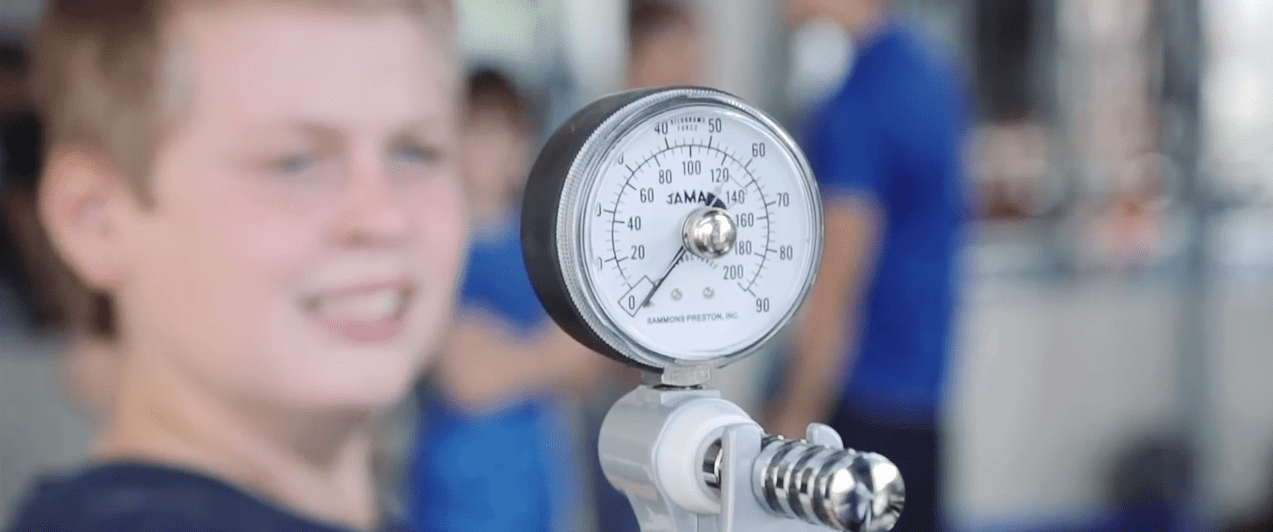Baseline testing is a series of tests done before a sports season starts that can provide healthcare practitioners with important information on which to compare should an athlete get a concussion. Comprehensive baseline testing helps to measure many areas of brain function that can be impacted by a concussion. As symptoms often disappear before the brain fully recovers, baseline testing provides valuable information, which may help healthcare practitioners make safer Return to Learn, Work and Play decisions.
In this post, we look at five common misconceptions.
“There’s no research to support baseline testing”
The most recent International Consensus Statement on Concussion in Sport suggests that pre-season baseline testing can support healthcare practitioners to interpret the scores of post-injury tests. Further, baseline neuropsychological assessments may provide additional information to the overall interpretation of these tests, and allows for additional educational opportunities for healthcare providers to discuss the severity of concussions with athletes and athletic support staff.1
Although not required for all athletes, the Ontario Psychological Association, Ontario Neurotrauma Foundation, and the Center for Disease Control support the use of baseline testing in high-risk athletes to help inform treatment and return to activity steps.2,3,10
“I completed an online test, I’m good to go”
While computerized neurocognitive testing can be a valuable tool as part of a comprehensive, multimodal baseline test, research shows these tests offer low-to-moderate test-retest reliability, and may be ineffective on their own.4,5 CCMI’s comprehensive baseline test evaluates many parts of concussion injuries including memory, concentration, visual processing, reaction time, visual movements, balance, motor strength and neurocognitive testing. Emerging research shows that using a variety of tests can improve the test-retest reliability, and provide much better accuracy in diagnosing and making return to play decisions for concussions.6,7,8 In fact, NCAA best-practice guidelines also support the use of multimodal baseline assessments for all high-risk contact sport athletes.9
“I did baseline testing last year, I don’t need another one”
As young brains are growing and developing, it’s recommended that those youth athletes who have had a baseline test should have one every year to ensure a valid and up-to-date comparison.10,11
“I had a concussion, why do I need a baseline test now?”
Healthcare practitioners can still diagnose and treat concussion symptoms without a baseline test; however, Return to Play decisions should be made with caution. If a patient plans to continue to be active in high risk or physical sports, then they should schedule a baseline test in preparation for the upcoming season.
“Can’t medical scans diagnose?”
Concussions are a functional injury, not structural. Therefore, the damage affects how areas of the brain work and communicate with each other. Brain scans (CT scans) or MRIs look for more severe, structural injuries or brain bleeds, not functional issues. The functional impairments of concussion are therefore best assessed with functional tests.
From initial pre-season baseline testing to concussion treatment and rehabilitation, all recognized CCMI practitioners are trained to provide standardized healthcare solutions to effectively manage concussions, and help athletes safely Return to Learn, Work and Play. For more information find a clinic near you.

